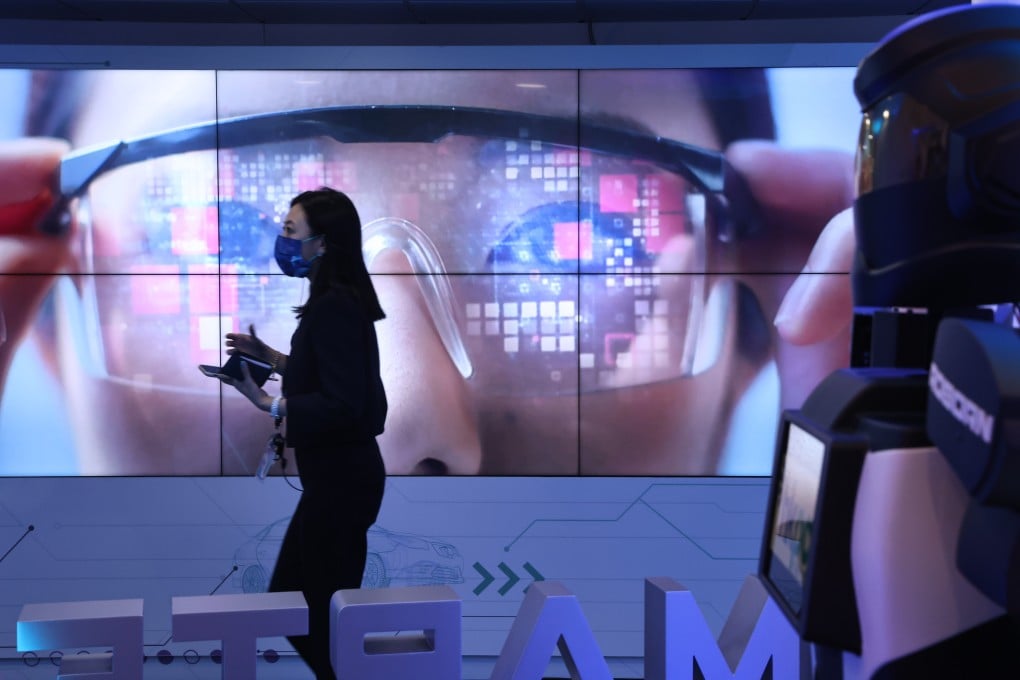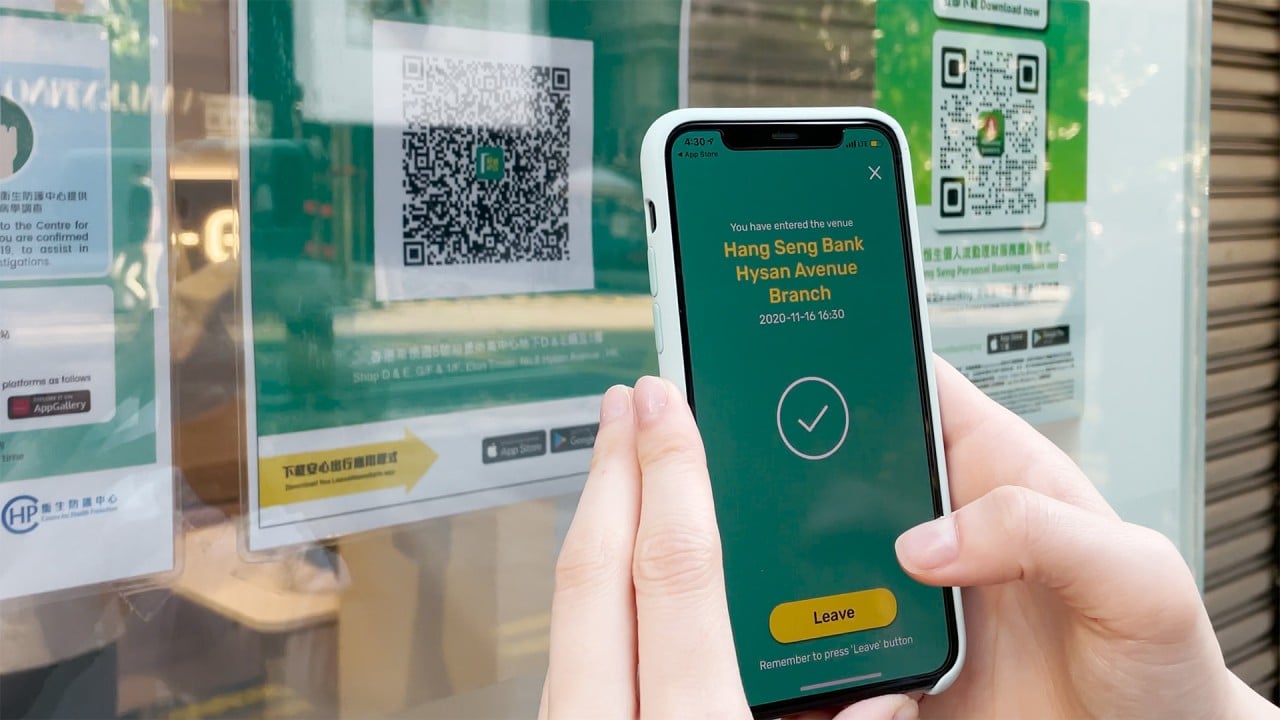Advertisement
Opinion | Hong Kong’s smart city dreams need trust, not just new tech, to succeed
- Governments must recognise that technology does not exist in a vacuum but amid broader social, political and economic forces that are often unpredictable
- The security and privacy concerns of citizens cannot be dismissed through assurances about the fairness and objectivity of technology
Reading Time:4 minutes
Why you can trust SCMP
0

Technology has fundamentally changed how people connect. Many of us are never offline except when sleeping, and virtual interactions with family, friends and colleagues have come to define our daily routines.
Technology is also changing how people interact with their leaders. Governments have long embraced technology and advanced infrastructure to make public service delivery more efficient and effective. They are also looking to social media and other communication platforms as a way to disseminate information and foster public support.
Accordingly, the Hong Kong government has committed to investments in “smart city” technologies, including the recently released iAM Smart app, which appears to have some roll-out troubles. The term “smart city” refers broadly to the application of technology to the tasks of governing.
One example is the collection of data about usage patterns for transport, health facilities and other public services. In Hong Kong, the Leave Home Safe app is another example of how government gathers information to facilitate policy decisions – in this case, rapid responses to Covid-19 cluster outbreaks.
Despite the advertised objectivity of technology, scholars, politicians and advocates have raised concerns about the use of technology for governance. Common fears include a loss of privacy, security, equity and policy representation.
As such, governments must recognise that technology does not exist in a vacuum but amid broader social, political and economic forces that are unpredictable and often unmanageable.
Advertisement

